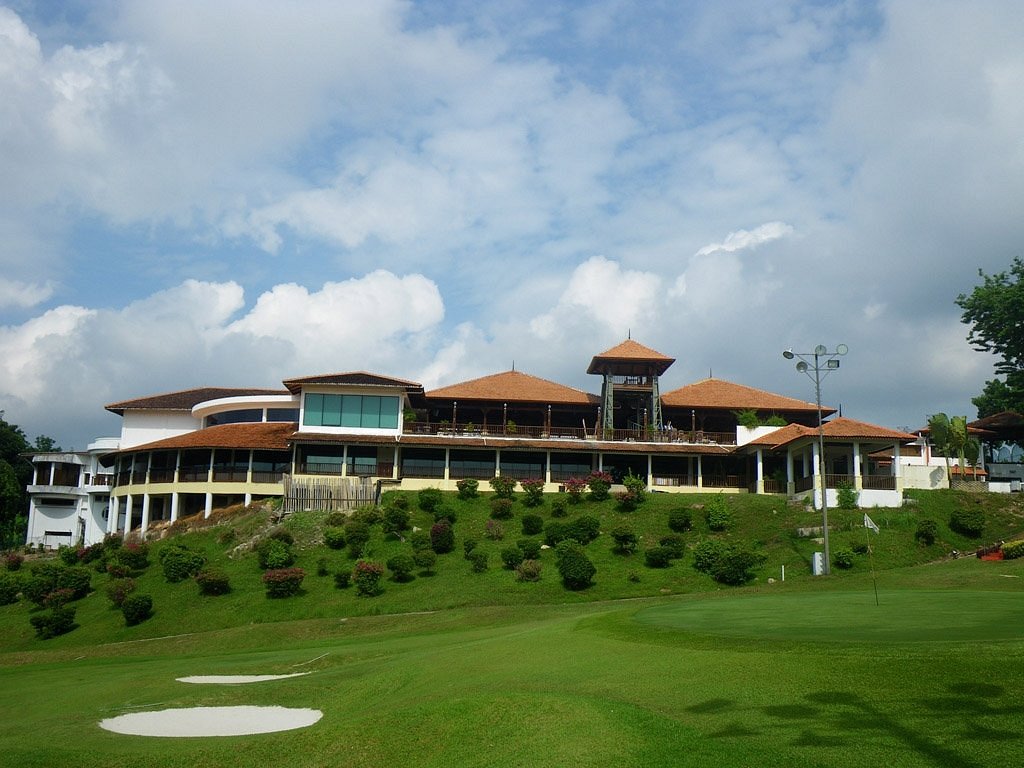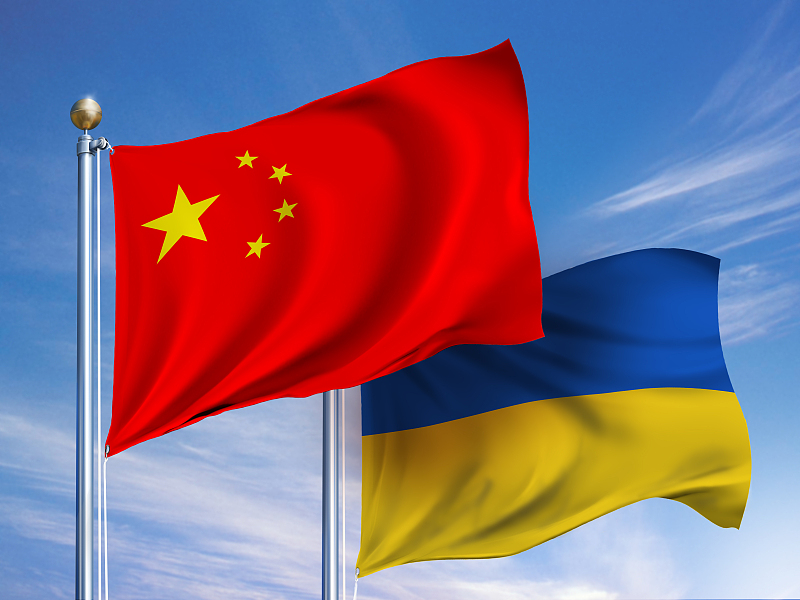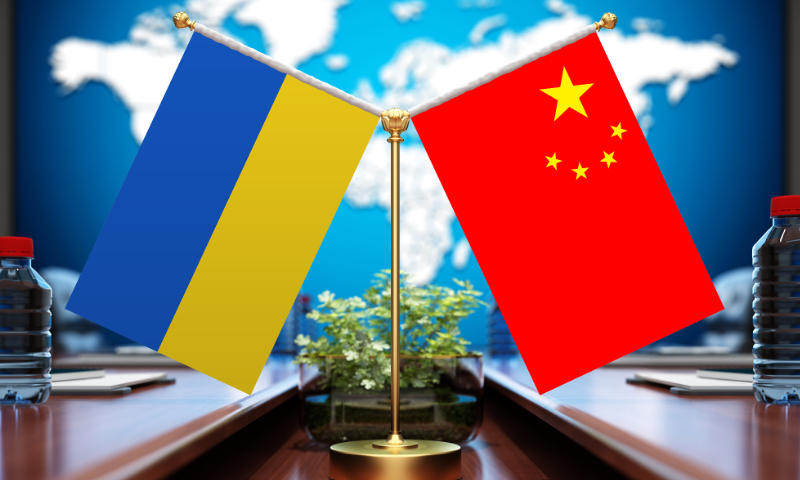Insightful views: Kishore giving his assessment on the US-China rivalry during his lecture in Kuala Lumpur. -
The new Cold War heats up
International relations expert Kishore Mahbubani has interesting views on US-China rivalry and the role Asean could play.
IT’S not every day that one gets to hear directly from Prof Kishore Mahbubani, one of the best thinkers on international relations. In fact, it had taken the organiser, the Malaysian Institute of Management, over two years to invite the Singaporean diplomat, academician and best-selling author to Kuala Lumpur. Those of us who turned up for his lecture on Tuesday evening wanted to hear his assessment of the United States-China rivalry, which is certain to get worse in the coming years. Kishore is a Distinguished Fellow at the Asian Research Institute, National University of Singapore, and has had two notable careers – 33 years in diplomacy and 15 years in academia. He was the founding dean of the Lee Kuan Yew School of Public Policy and spent over 10 years as Singapore’s ambassador to the United Nations. He has authored several books, including best-sellers such as Can Asians Think? and Has The West Lost It?.His insightful views on the US-China geopolitical rivalry have grabbed the attention of many. Gloomy as it may be, it is certain and unavoidable – in Kishore’s own words – that the rivalry will worsen as the Chinese push to challenge the United States for dominance. For us living in the Asean region, especially Malaysians, it is more troubling as the power play is taking place in our backyard, the South China Sea, while Taiwan is merely about four hours away by flight. Kishore predicts the contest, if not already a feud, will accelerate in the next 10 years and he doesn’t see it quietening down. The scenario is unprecedented as for the first time in human history, these two superpowers are colliding. Driven by what he describes as structural forces, he sees China as the “No. 2 that is about to take over as No. 1 and the US will push down China” at all costs as the latter does not see itself losing its pole position. “They should learn from the Malaysian monarchy (where the reigning King) steps down every five years,’’ he joked. He said in his highly provocative titled book Has China Won? that it hasn’t helped that the many US policymakers who will drive this geopolitical contest are “possessed by a psychology that sees all competition among great powers as a zero-sum game”. “Hence, if China steps up its naval deployments in the South China Sea, the US Navy will see it as a loss and step up its presence in the region,” he said. There is much insecurity on the part of the United States as “it is far from certain that America will win the contest as China has as good a chance as America of emerging as the dominant influence in the world”. “In fact, many thoughtful leaders and observers in strategically sensitive countries around the world have begun making preparations for a world where China may become number one,” said Kishore. He said it was an error of perception for America to view the CCP as a Chinese Communist Party embedded in communist roots, when in the eyes of Asian observers, the CCP actually functions as the “Chinese Civilisation Party” with its soul rooted in Chinese civilisation. But Kishore has some advice for China – never underestimate the United States. It’s a giant that has woken up and it has won the narrative, with the support of a powerful international media, that it is a contest between a democracy and an authoritarian government. “It has been a strategic mistake for American thinkers to take success for granted, it would be an equally colossal strategic mistake for China to assume the same,” he said. Painting the Chinese as demonic has been an easy selling point to the American public, most of whom have never travelled out of their country, added Kishore, saying in his book that it will be easier “for Americans to persist in the belief that they would eventually triumph against China, no matter the odds”. Both the Republicans and Democrats have adopted the same tone and strategy of containing China. So, it doesn’t matter who the next US President is although it got worse under President Donald Trump. It has simply become a bipartisan policy. The rest of the world, especially Asean, will be affected by this great power play. No one will be spared as pressure will be applied to countries to take sides. Even a simple acquisition of technology, such as using Huawei’s applications, has turned complicated. Kishore shared an anecdote of how a British top official had told him that it would use Huawei as security clearance, and with a stiff upper lip, said there was no reason for it to submit to US pressure. But just months later, the United Kingdom “crumbled” to US pressure and abandoned Huawei. He feared that Taiwan would be a more sensitive issue than the South China Sea as it benefits the United States and China to keep the international waterways safe for freedom of navigation. But Taiwan is a more potential flash point. It is the red line that no one should cross, and most Asians know it and “they shut up”, he said, advising Asian countries to continue with this approach. The Chinese see Taiwan as a renegade province that belongs to China and do not tolerate any moves to push for independence. Most countries adopt a One China policy and have no diplomatic relations with Taiwan. Kishore said for a long time, the United States stayed away from the Taiwan issue, but now it has been broached and “it is not rational, it’s dangerous and emotional”. But he said Asean could play an influential role to speak up for moderate measures to initiate dialogues between the United States and China and to help reduce tensions that could contribute to possibilities of a war. He acknowledged that Asean may be “weak and chaotic”, but paradoxically, no one sees the grouping as a threat and its meetings were all attended by the powerful nations. “Everyone loves Asean. It has convening abilities,” he said, adding that both China and the United States had invested huge amounts there compared to other regions of the world. China has been the largest market for Asean exports for the past 12 years and Malaysia’s number one trading partner for the past 15 consecutive years, while Asean countries collectively are the United States’ fourth largest trading partner. Together, they represent a market with a gross domestic product (GDP) of more than US$3 trillion (RM13.38 trillion). US goods and services traded with Asean totalled an estimated US$362.2bil (RM1.62 trillion) in 2020. Kishore said while the US-China contest may be a gloomy topic, there is also a positive aspect as both sides will woo support and attention, adding that it was good to be courted but reaffirmed that Asean members must stay out of the feud. “It is said that when elephants fight, the grass gets trampled, but let’s not forget that when elephants make love, it tramples too,’’ he said in jest. Talk is better than war and for a start, the rhetoric can be lowered down. A deeper rationality is needed and surely, there is a need to accept that the world has changed.A painful and unnecessary clash needs to be avoided. The journey for both sides to work together has to start soon.
Wong Chun Wai began his career as a journalist in Penang, and has served The Star for over 35 years in various capacities and roles. He is now group editorial and corporate affairs adviser to the group, after having served as group managing director/chief executive officer. On The Beat made its debut on Feb 23 1997 and Chun Wai has penned the column weekly without a break, except for the occasional press holiday when the paper was not published. In May 2011, a compilation of selected articles of On The Beat was published as a book and launched in conjunction with his 50th birthday. Chun Wai also comments on current issues in The Star.
The new Cold War heats up
Related posts:
Huawei gaining support despite US ban

Cold War schemer: Reminiscing in its past ‘victory,’ US brings color revolutions to 21st century to maintain its hegemony
Beyond the submarine feud, contains China's rise
AUKUS plans to provide nuclear submarines to Australia seriously endangers nuclear non-proliferation
Asean nations caught in a quandary over AUKUS Pact
Who are the world good leaders?
NATO’s expansion stumbles as members calculate costs





















 Regaining momentum, property sector to recover despite challenges
Regaining momentum, property sector to recover despite challenges




